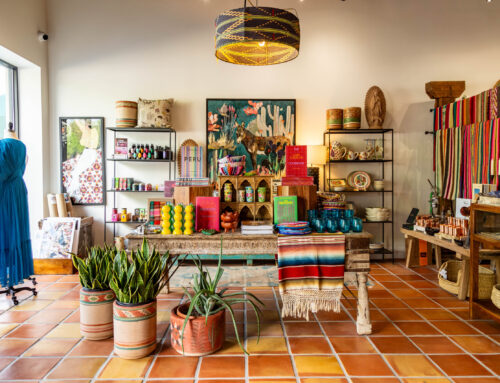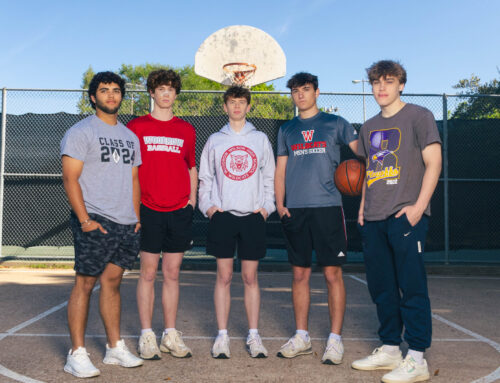Earlier this year, a common garden spider spun an intricate web that stretched across a section of the garden at Stonewall Jackson Elementary School.
“Most kids would just take a stick and knock down the web,” says Barbara Uskovich, who teaches third-grade science at the school. “Not one child touched her.”
Instead, they named her Beatrix and grew very protective of her, making sure she was well fed with other garden insects.
“They learn a deep respect for the earth,” Uskovich says.
That education begins as soon as they enter the school, as every grade has an active role in running the various gardens at least once a week. It’s an outdoor classroom where students learn the fundamentals of environmental science in addition to learning were their food comes from and how to grow it themselves.
“Our students put it in. They weed it. They monitor it. They collect the seeds to plant next year. It’s all on them,” Uskovich says.
It’s been 20 years since the garden first bloomed at Stonewall Jackson, long before school gardens were a trend touted by the First Lady. It was the brainchild of Evelyn Painter, a second-grade teacher who thought children would benefit from more outdoor education. Her husband, Mark Painter, took the reigns in building and overseeing the garden in 1996. It began with a simple patch of beans. But over time, he developed the wildscape, where children can see how plants grow without much human intervention; a full vegetable garden with annual harvest; and a chicken coop that produces fresh eggs.
Scores of children learned to tend the gardens and appreciate nature under Mark Painter’s tutelage. For a while, he was a paid instructor whose classroom was outside, where children would learn to monitor soil temperatures, collect rainwater totals, and compost, among other life skills.
Then the recession yanked funding from all public schools, and Stonewall could no longer afford Mark Painter. He made plans to leave the school, but the parents whose children adored him wouldn’t hear of it. They created a garden steering committee and raised the money needed to keep “Mr. Painter” on staff until he retired in 2014. But when he departed, the garden was left in limbo.
“The garden slowly started to die,” Uskovich says. “Any direct knowledge of the garden had left.”
Uskovich and a group of Stonewall science teachers made a plan to take over garden maintenance, and went to work learning as much as they could about the 20,000-square-foot plot of land. The parents stepped up to help make sure the teachers had what they needed in terms of equipment and resources but were not allowed to fund another garden instructor like Mr. Painter.
“The district wanted it to be very clear that we were a fundraising group,” says Sarah Nicholson, spokeswoman for the garden committee. “We now focus on supporting the teachers.”
Dallas Independent School District spokesman Andre Riley points out the liability concerns when hiring someone to work with children; it’s more than just having funds. “Hiring an employee is more complicated than that,” he says.
The parents and the school found common ground this school year with Becky Gonzalez, a new teacher on staff. In addition to her classroom duties, Gonzalez oversaw the garden, which is necessary for it to thrive, some say.
“There’s so much to know, you really need one person dedicated to it,” Uskovich says.
Luckily, the school has seen strong support from the community, which has always felt a strong sense of ownership over the garden that is visible to all who pass from Matilda and Mockingbird.
“Our garden invites people in,” Uskovich says. “We want you to come.”
The passion from the school, parents and community will keep the garden blooming for another 20 years, because those involved see and hear the benefit direct from the children.
“It’s pretty impressive when a kindergartener can take you through the garden and tell you why there’s thermometers in the ground,” says Nicholson, whose three children have learned in the outdoor classroom.
Uskovich says her students come to life in the garden, relishing the chance to get out of the classroom and get their hands dirty. “To be in a building all day is not natural, especially for kids,” she says. “They get outside, and they become scientists.”
— Emily Charrier
The Stonewall Gardens are always looking for volunteers and donations. Get involved at stonewallgardens.org/explore-the-garden.





